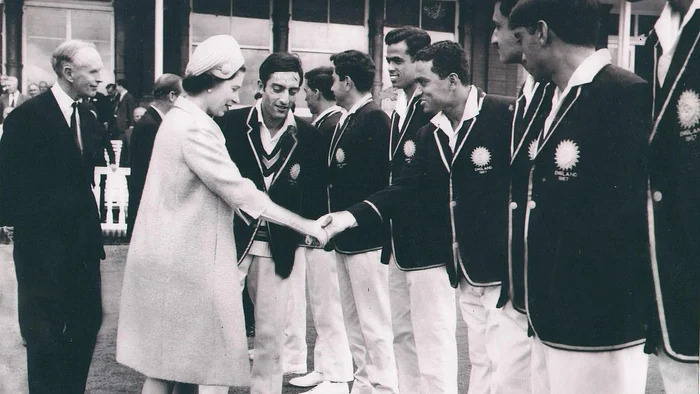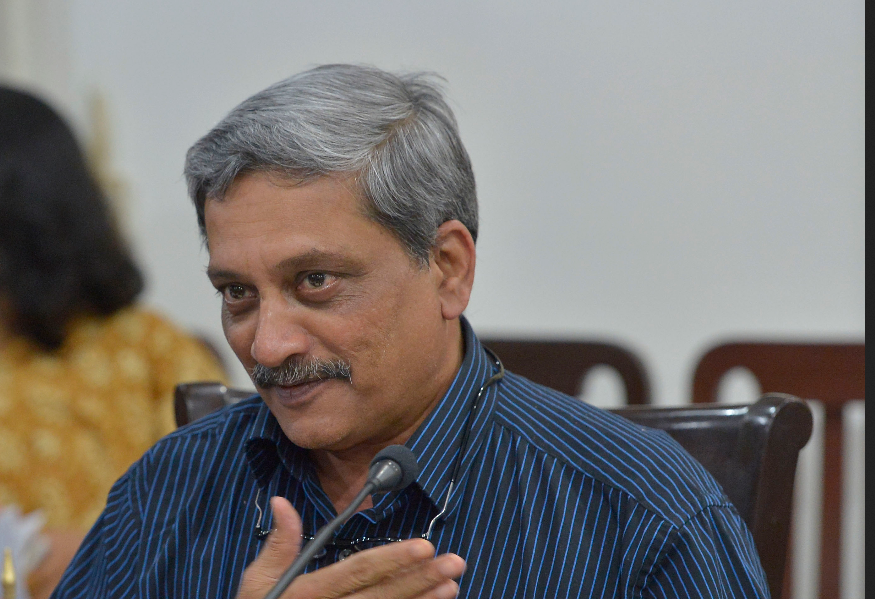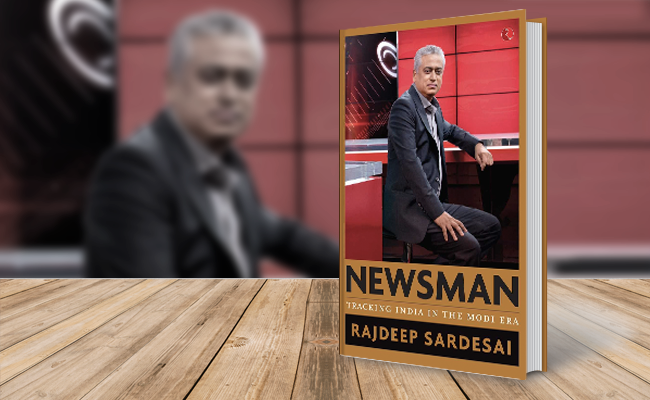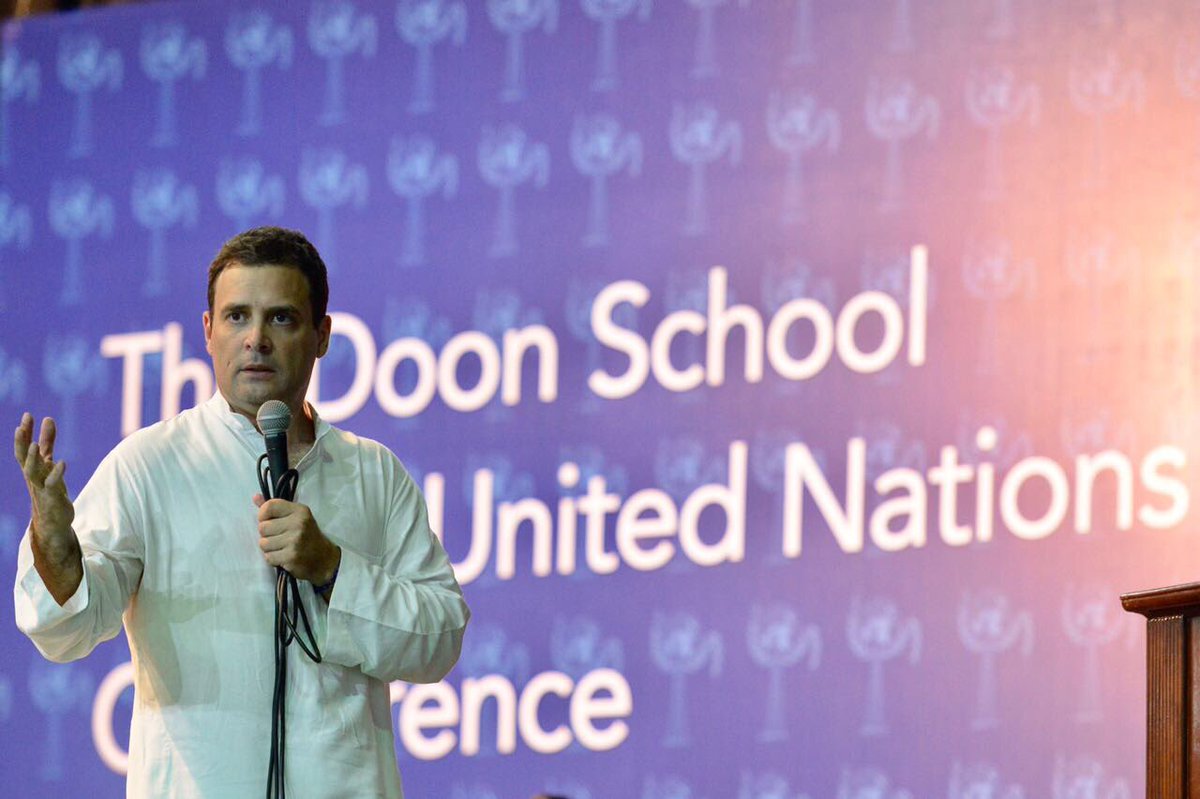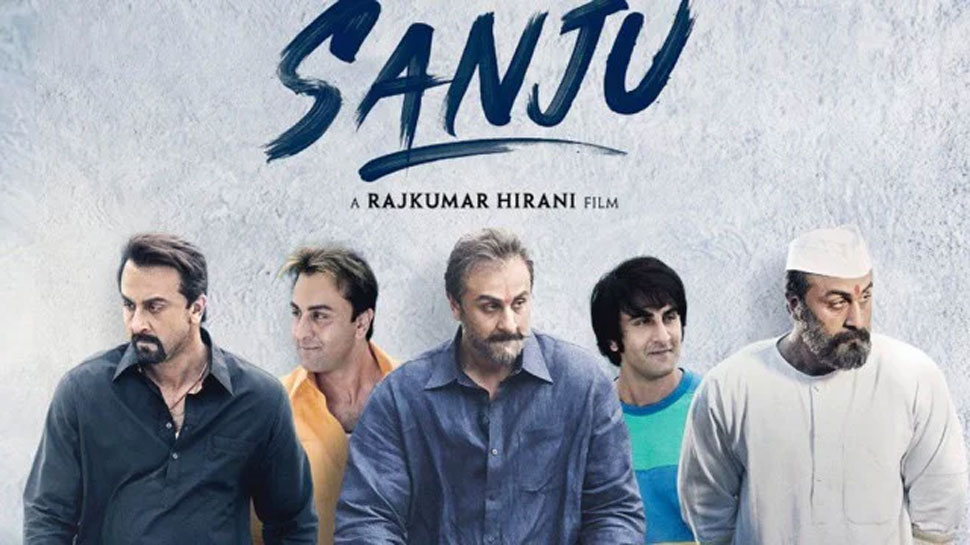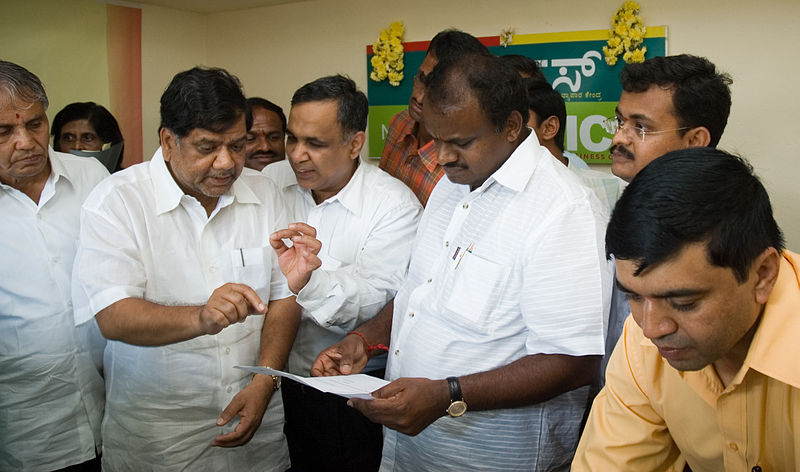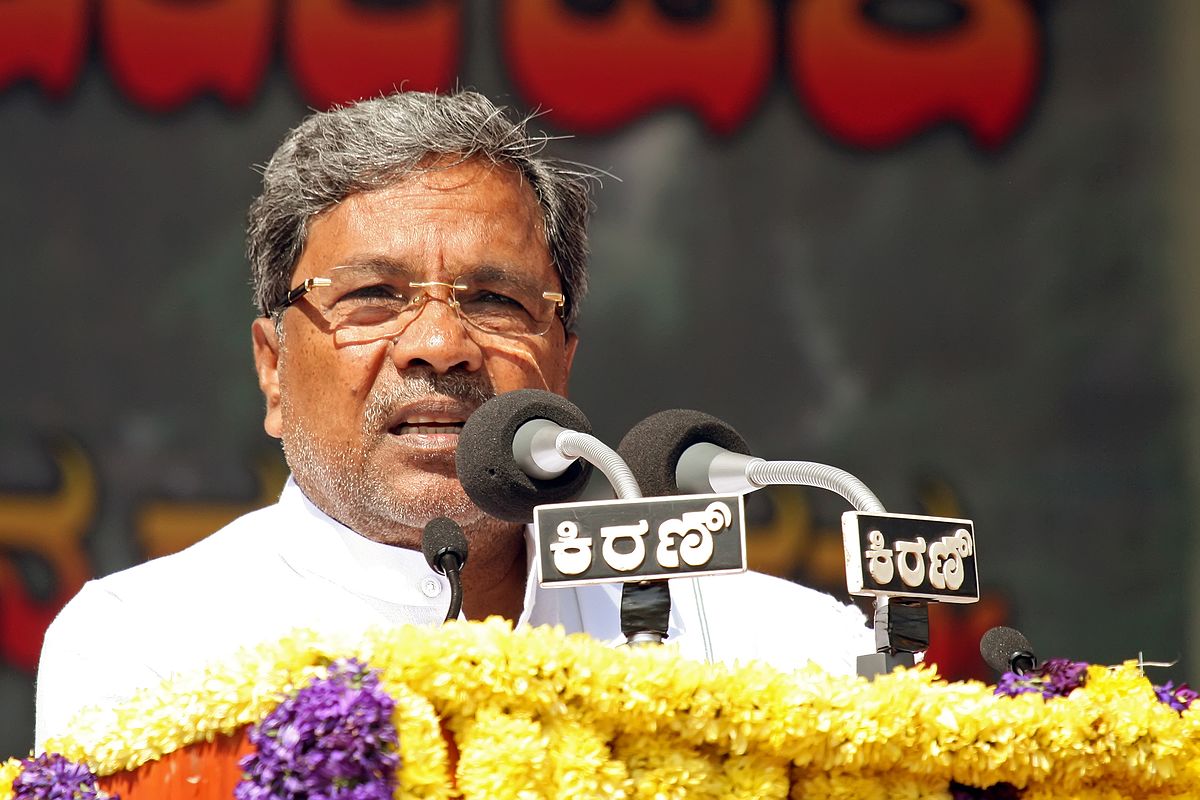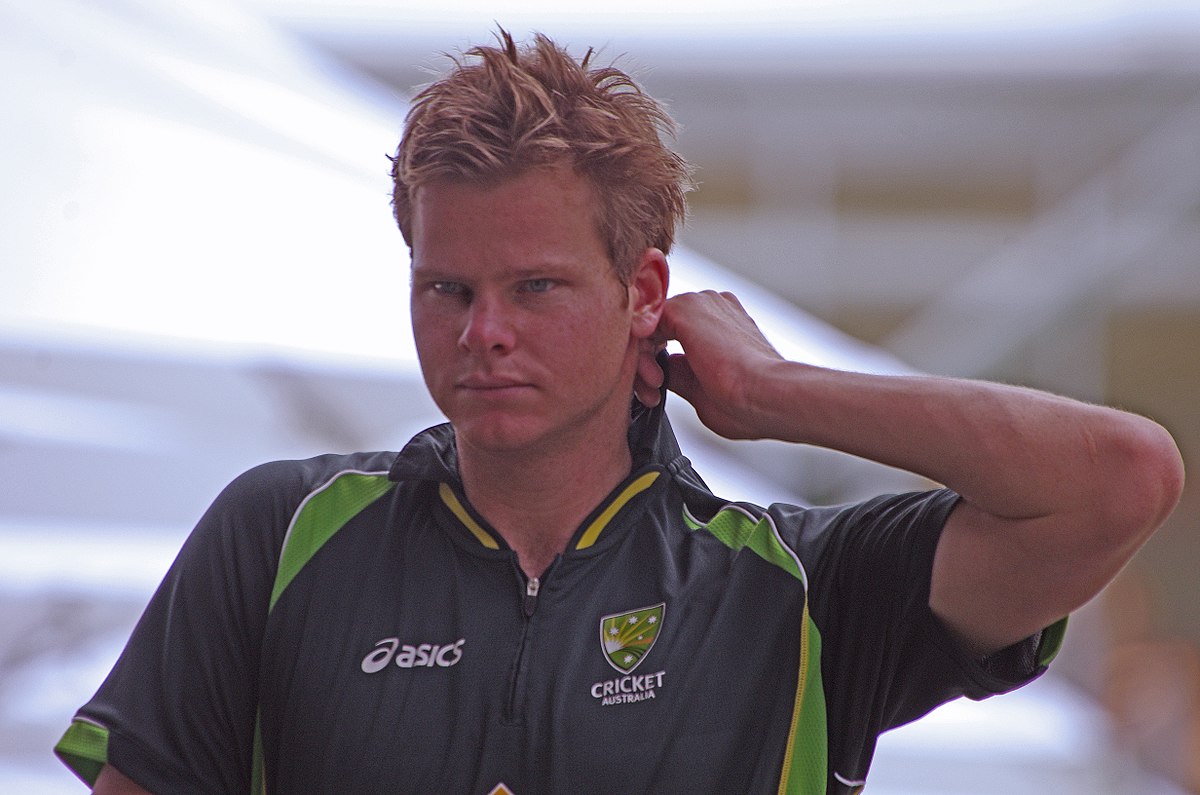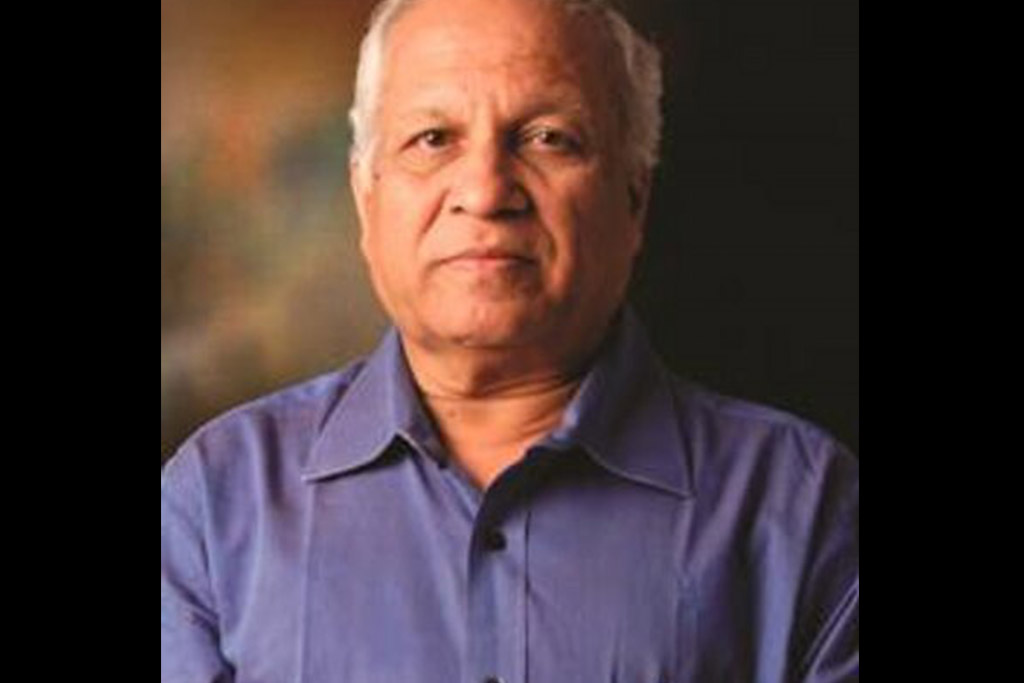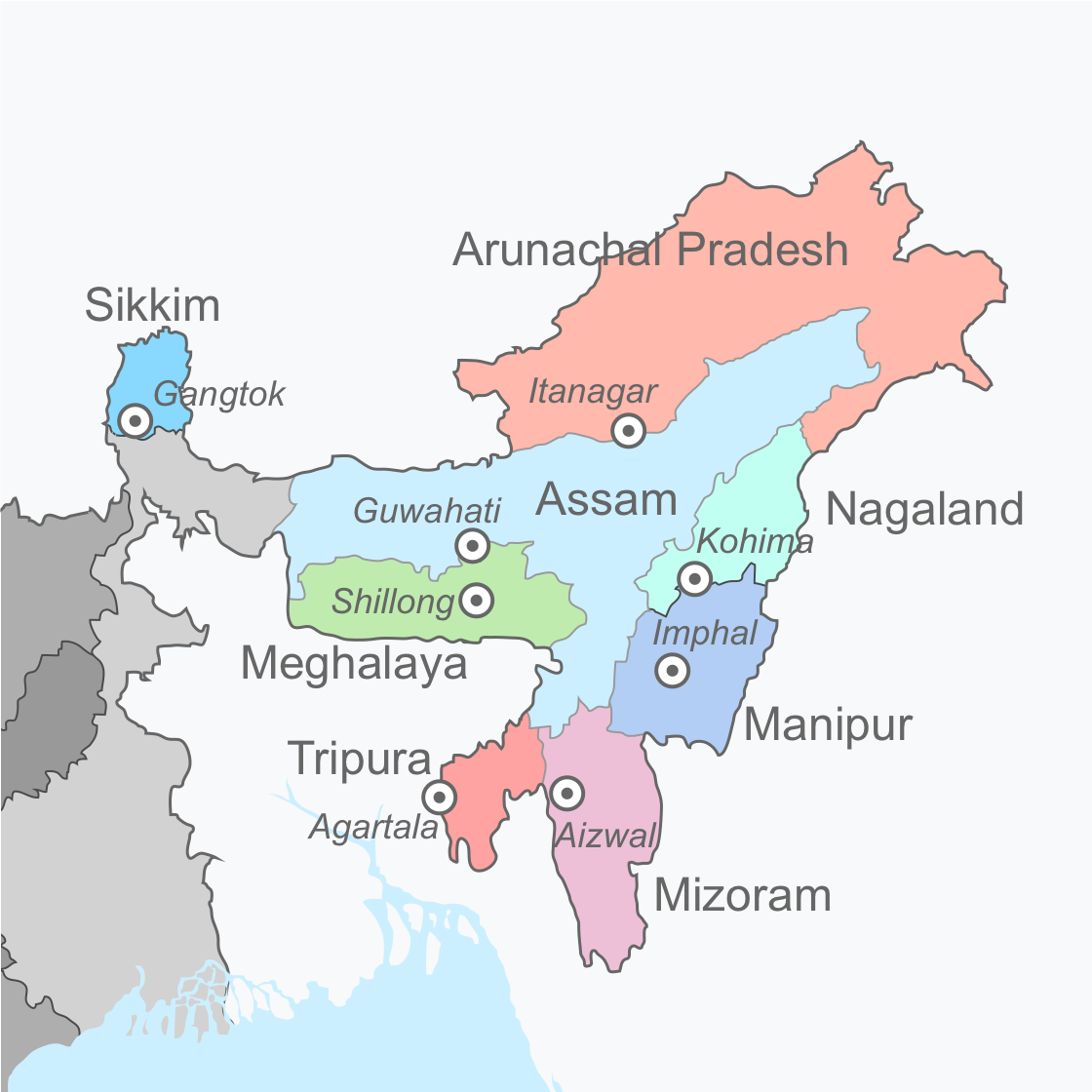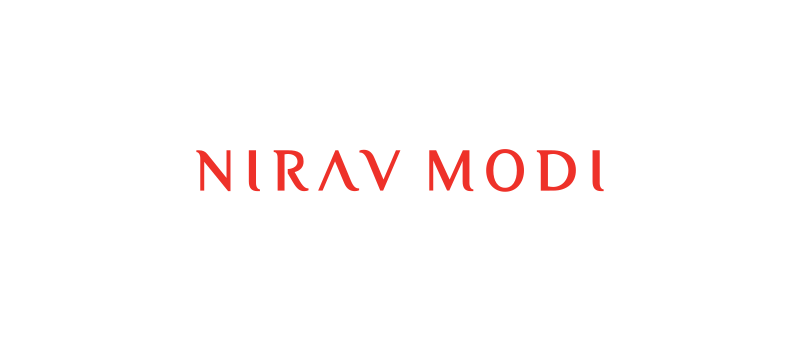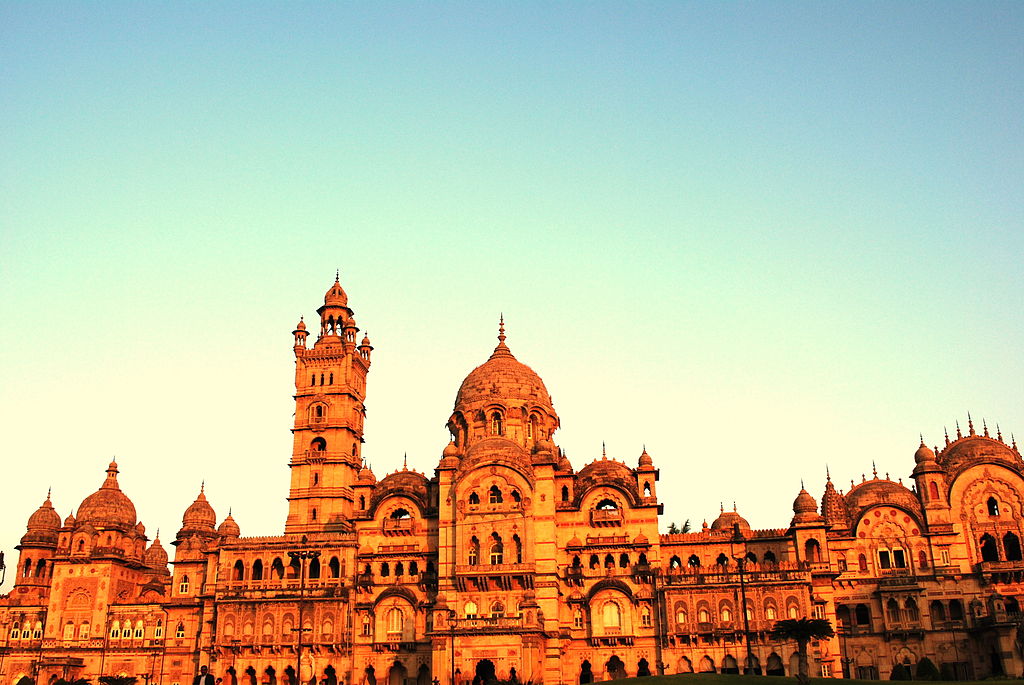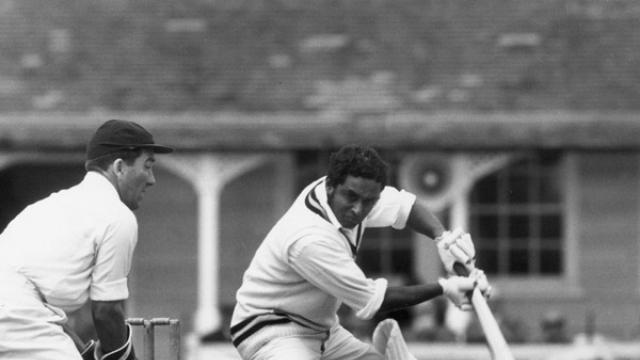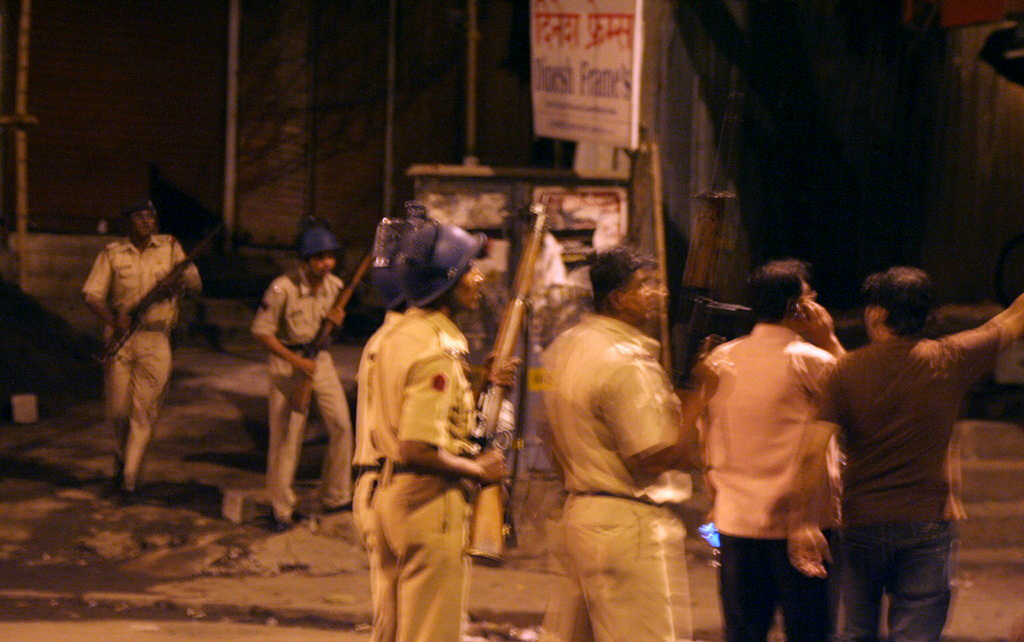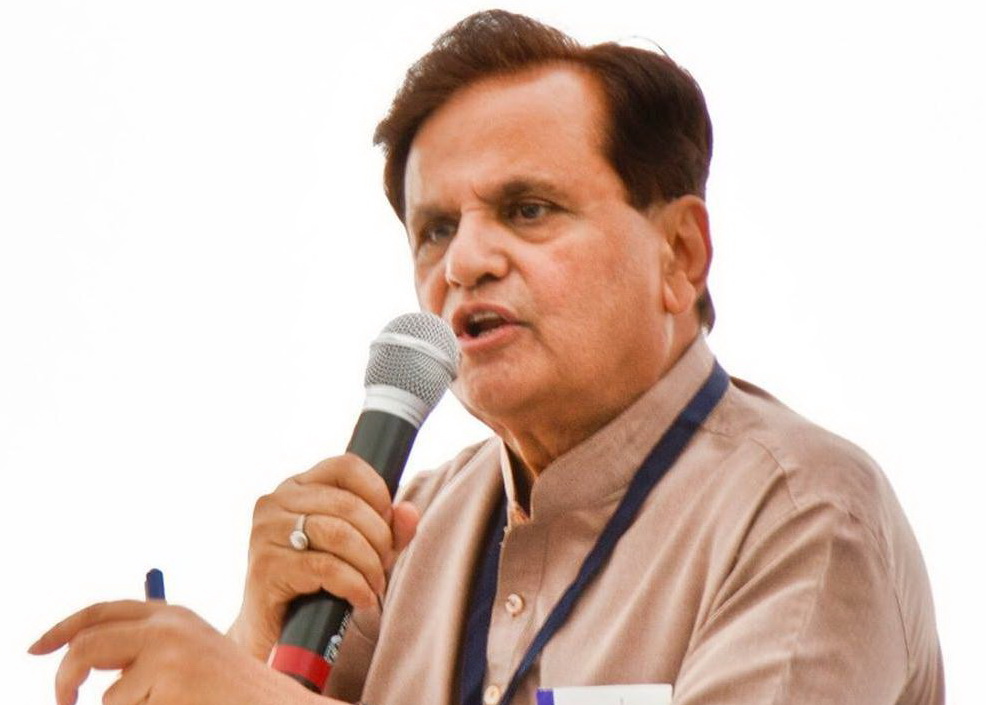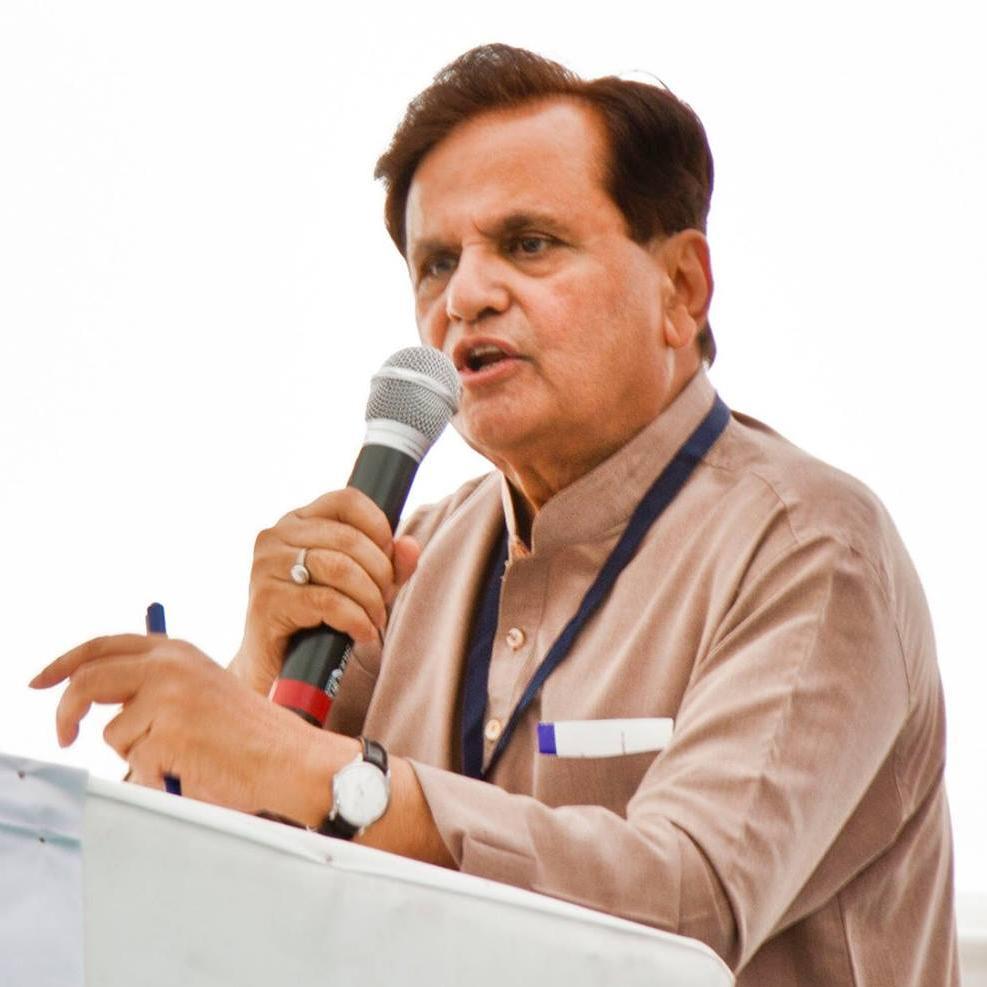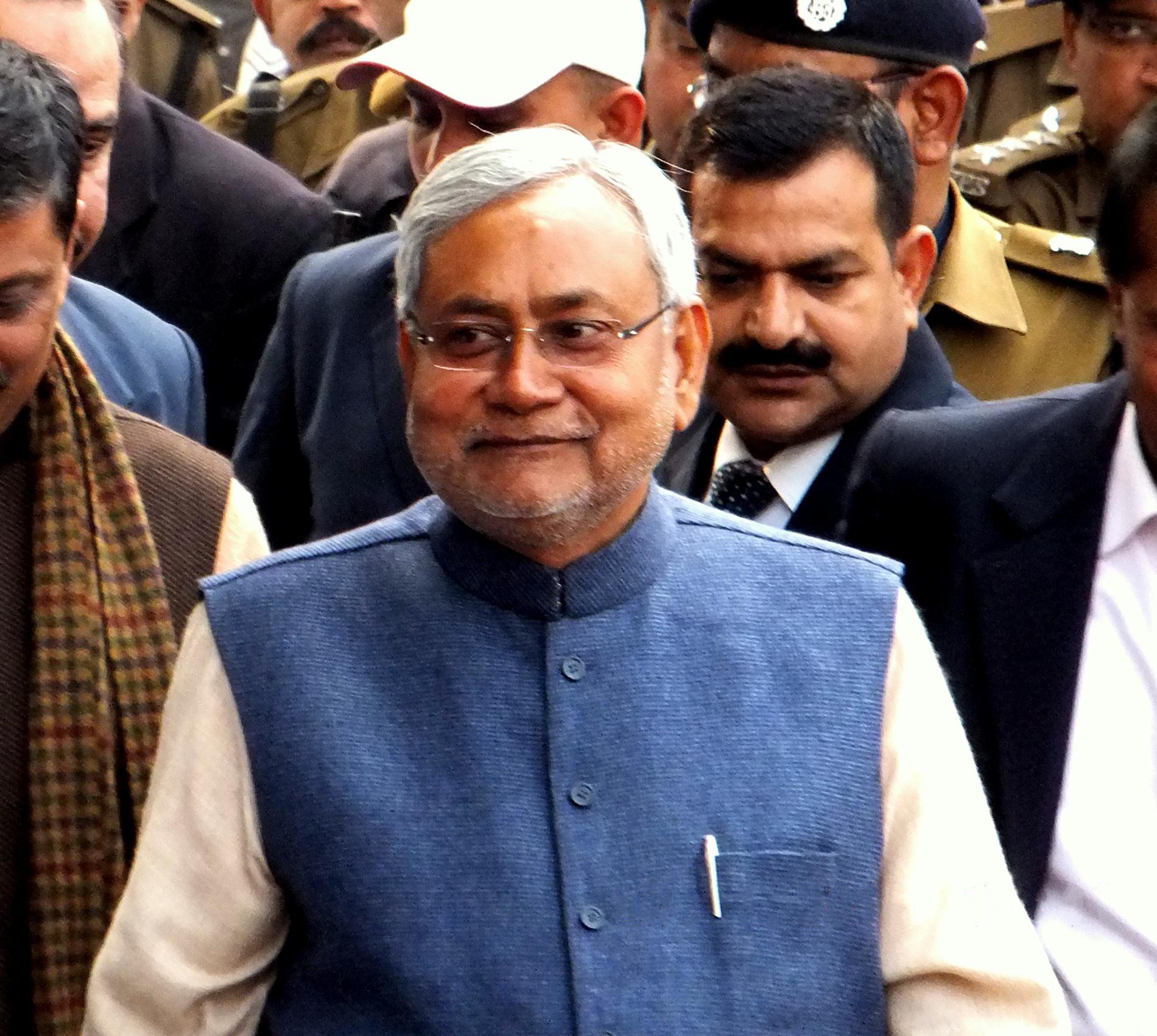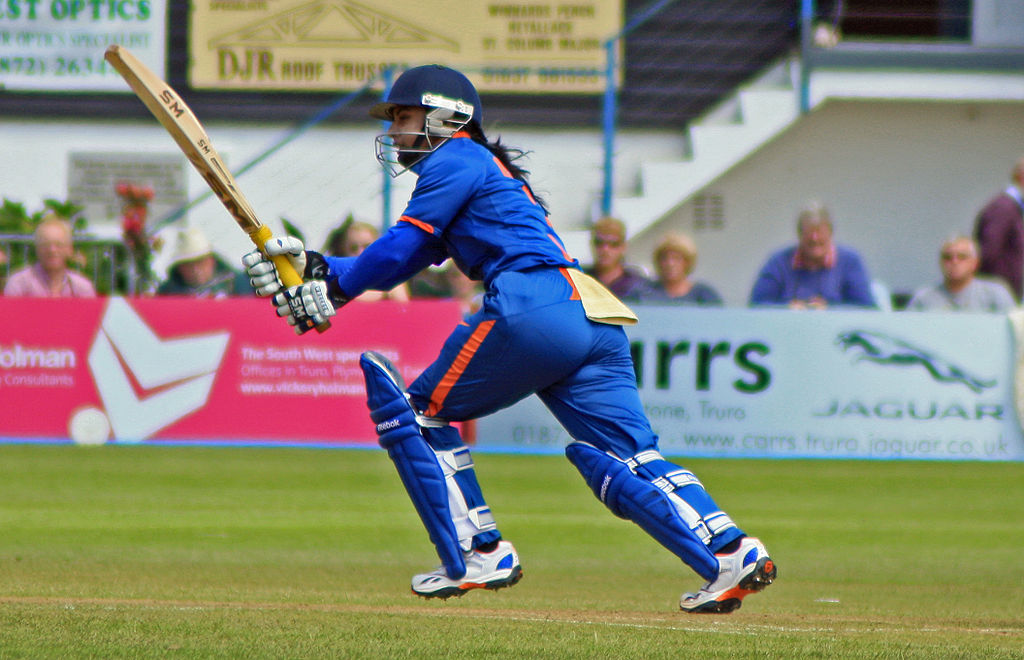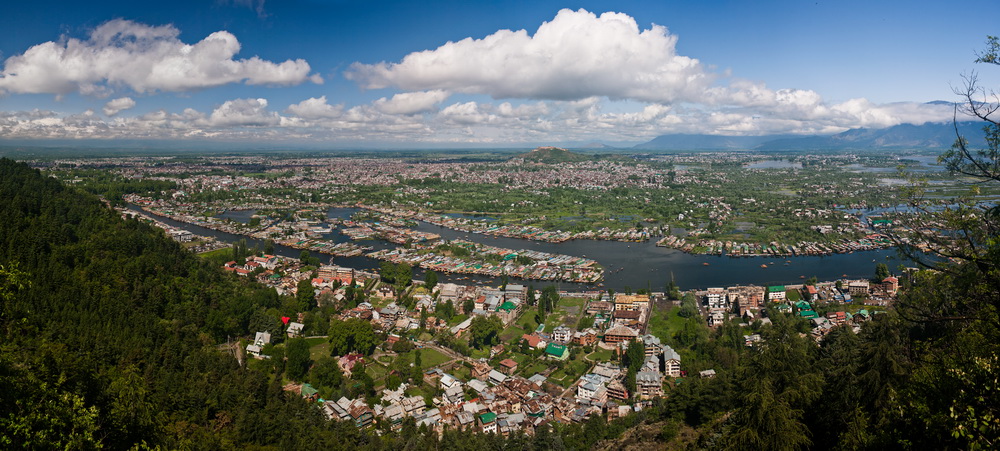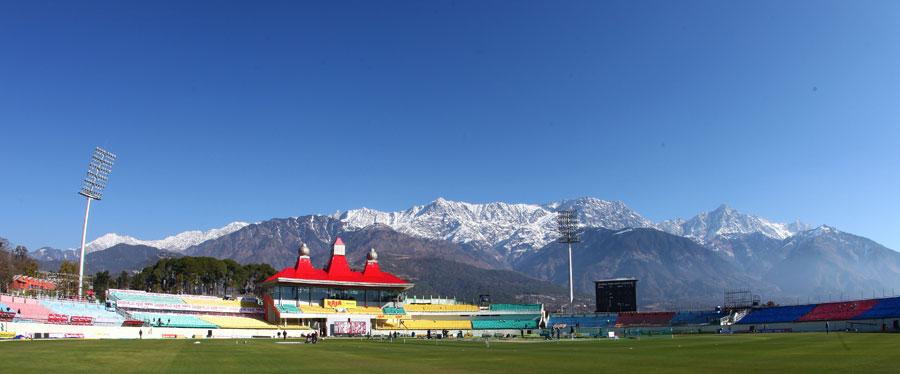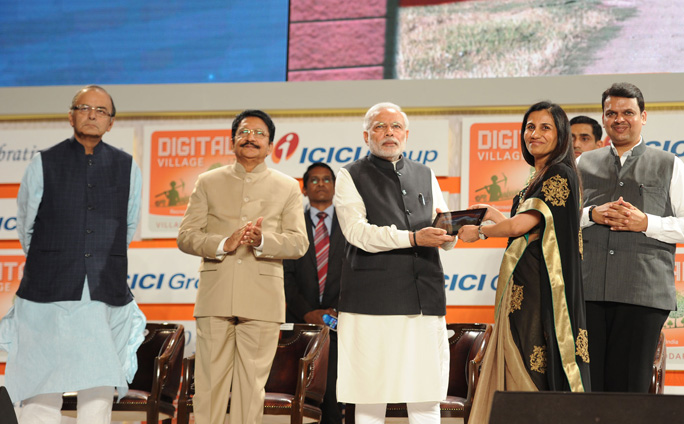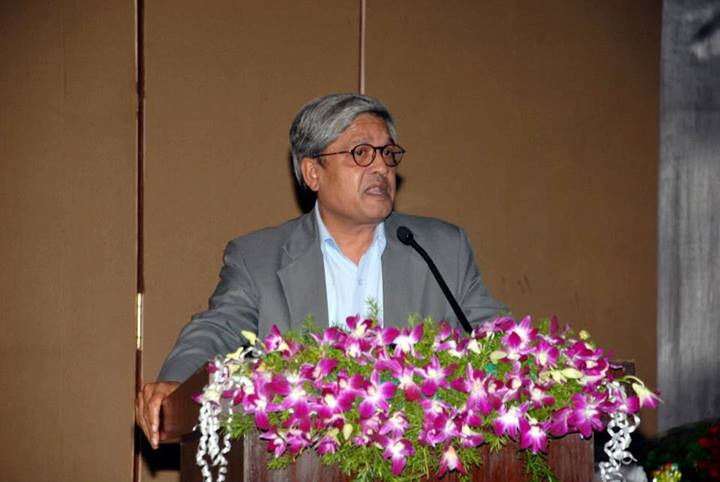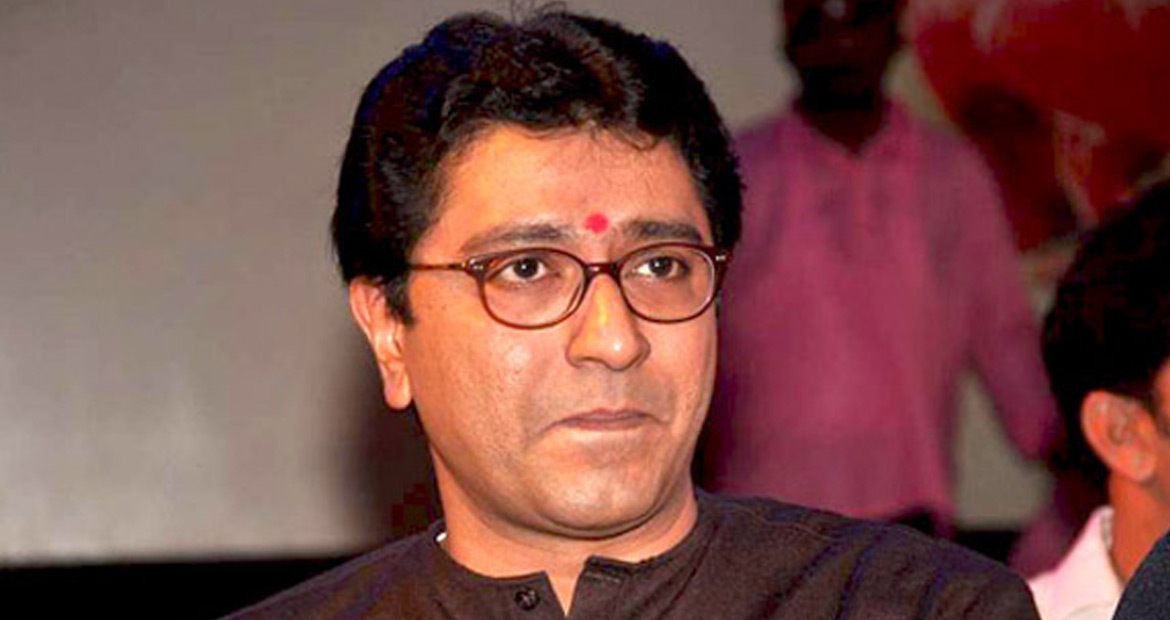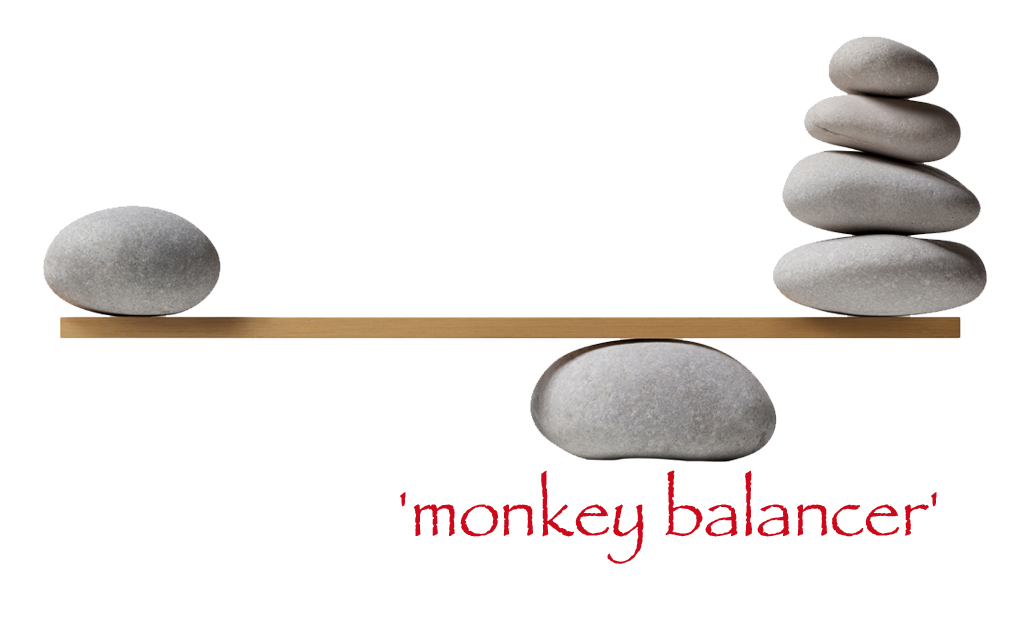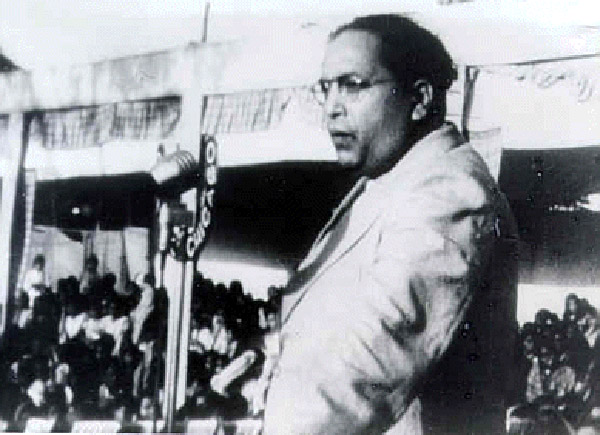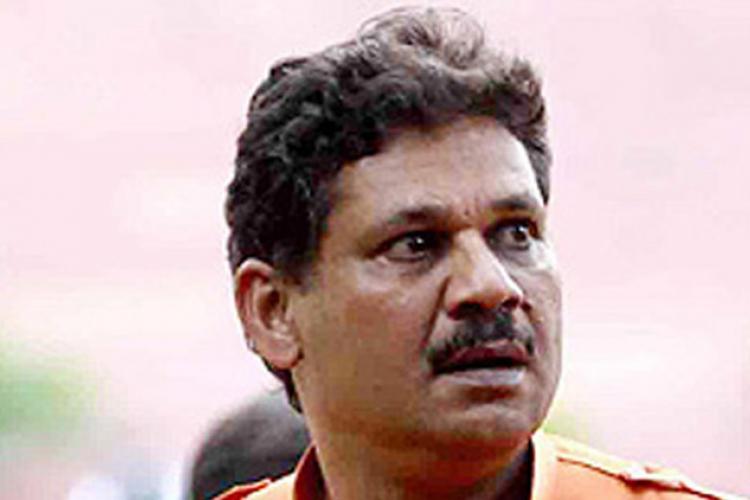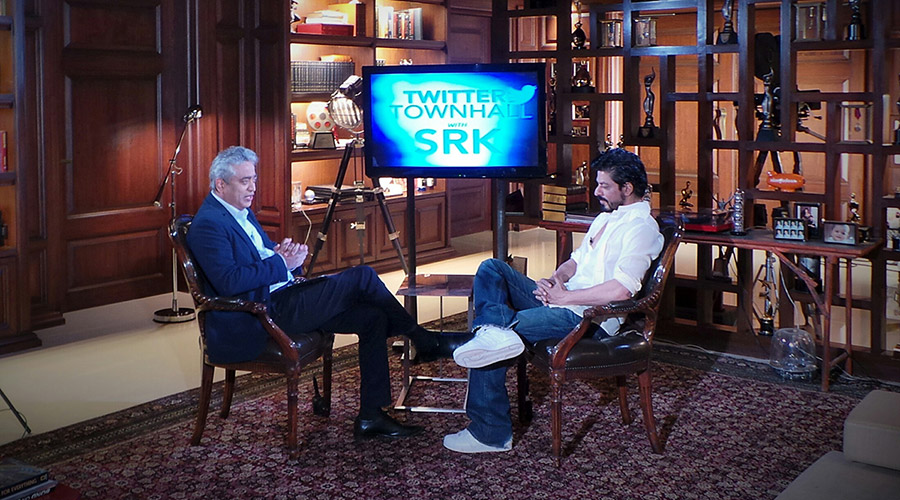
Aligarh Muslim university: the name conjures up images of another age. Like so much else in western UP, AMU too likes to live in its past glory. So I am taken to see the Sir Syed Ahmed Khan hostel, a tribute to the founder of the university. ‘He wanted it to be like Oxford. Doesn’t it look like an Oxford college from outside?’, my guide and the university PRO Rahat Abrar asks me excitedly. Yes, it does, only a rather more grungy-looking Oxford hostel with clothes hanging out to wash and the walls in need of a fresh coat of paint.
I am at AMU to deliver a lecture pegged to my book 2014: The elections that changed India. The hall is packed and the vice-chancellor Lt Gen Zamiruddin Shah, brother of the great actor Naseeruddin Shah is a most generous host. The speech is received well. I am even given a standing ovation and all the hundred copies of the book are sold out in minutes. But the question and answer session that follows is revealing of the growing public anger against television media. Wherever one goes, we are accused of putting sensation above sense. ‘We don’t care whether Salman Khan goes to jail or not, we want real stories to be shown,’ says one irate voice. The principal of a local girls school is even sharper: ‘how do you think you can bring any change when all your channels are under either some kind of political or corporate pressure.’
I try and defend my tribe, not very comfortably. The anger against the media is reaching tipping point. What is different though here is the belief that the media is also anti-Muslim. Just as the session is about to end, an elderly gent gets up, ‘you may not like what I am about to say, but the fact is that most of the media only wants to show the Muslim in negative terms. You will never show anything good that happens in AMU but will always highlight what you think is negative.”
The angst stems from a story a few months ago that women students were being denied entry into the main library. ‘Post graduate women students are allowed in the library, only the under graduate students have a separate library because of space and distance,’ I am told. I am taken to the main library and introduced to a number of women students there. I am also informed that a vast majority of students,especially in degree courses like medicine, are women. The women I meet seem fiercely determined to do well, not get trapped in a Muslim gender stereotype.
The library is a revelation. It contains wonderful old manuscripts, including one with Emperor Jahangir’s writings. There is a copy of the Gita and the Mahabharata in Urdu and a wide collection of old books dating back to the 18th century. Even more impressive is the vast number of students poring over books in the library. Its exam time. Or perhaps the air conditioned library is just a better place to spend a baking summer afternoon in Aligarh.
A majority of the students in AMU today are from the poorer regions of UP and Bihar. Sir Syed wanted to create an Oxford for the best and brightest minds; now, it’s more like a last resort for economically backward Muslims. The sense of victimhood is apparent, a belief that the world outside will never give them an equal opportunity. “I keep telling my students that if you work hard, nothing can stop you, that you must not be trapped in a feeling of being victimised all the time,’ the vice-chancellor tells me over a meal of korma and kebabs. Easier said than done though: do we really offer equality in jobs and education to all castes and religions? Or has AMU almost inevitably become a symbol of a ghettoised permanently aggrieved mindset, desperate to break free but with no idea of just how to achieve that freedom of the mind.
Post script: the highlight of the day is listening to the AMU college song Tarana. It’s quite easily the most cheery and uplifting college song I have heard. Apparently, Nehru visited AMU in 1952 and asked whether the university had a song. He was told they didn’t. Within 24 hours, a wonderful local Urdu poet Majaz, an uncle of Javed Akhtar, wrote the song. When I listen to it and hear the students clap and cheer, I feel like joining them. Do listen to it here on you tube: there is much more to AMU than the traditional Muslim question.



